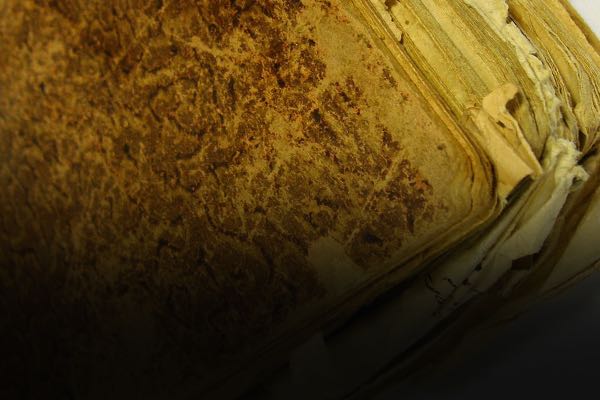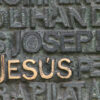
The Holy Book of the Great Invisible Spirit (120-180AD)
Two versions of The Holy Book of the Great Invisible Spirit were discovered in 1945 among the papyri of the Nag Hammadi Library in Egypt. Based on the Gnostic contents of the text and its position among other documents, scholars place the writing of the book in the 2nd century as yet another Gnostic Sethian document.
Why Isn’t It Considered Reliable?
The text is a 2nd century document and is therefore far too late to have been written by one of the apostolic eyewitnesses. More importantly, The Holy Book of the Great Invisible Spirit has been dramatically influenced by the heretical Sethians who predate Christians. Sethian Gnosticism was condemned as heretical by many early Church Fathers.
How Does It Corroborate the Life of Jesus?
The text diverges from Christian orthodoxy in many ways, but also refers to many points of agreement. The God described in The Holy Book of the Great Invisible Spirit is triune, but the Spirit is described as a “mother”. Interestingly, this member of the triune godhead is also a virgin. The member of the Godhead who is described as the “Son” is also described as the “Christ”. Jesus is only mentioned in the text in three places, but He is described as the “Son of God” and the “living one” who “possesses the life, and who came and crucified that which is in the law”.
Where (and Why) Does It Differ from the Reliable Accounts?
Sethian Gnostics believed that Seth was the first of several incarnations of God on earth. For this reason, The Holy Book of the Great Invisible Spirit describes Jesus as merely another divine incarnation who resides with God, along with Seth, Adamas, Oroiael, Davithe, Eleleth, Yoel and Poimel. Very little of text is in any way similar to the Old Testament creation story or the life of Jesus due to the influence and corruption of Sethianism.
This ancient non-canonical Sethian Gnostic text was a late, heretical document. When examined under the criteria we use to determine eyewitness reliability, it fails the test. The four canonical Gospels (Mark, Matthew, Luke and John) are still the earliest reliable record of Jesus, written within the lifetimes of the eyewitnesses who knew Jesus personally.

J. Warner Wallace is a Dateline featured Cold-Case Detective, Senior Fellow at the Colson Center for Christian Worldview, Adj. Professor of Christian Apologetics at Talbot School of Theology, Biola University, author of Cold-Case Christianity, God’s Crime Scene, and Forensic Faith, and creator of the Case Makers Academy for kids.
Subscribe to J. Warner’s Daily Email
J. Warner Wallace is a Dateline featured cold-case homicide detective, popular national speaker and best-selling author. He continues to consult on cold-case investigations while serving as a Senior Fellow at the Colson Center for Christian Worldview. He is also an Adj. Professor of Christian Apologetics at Talbot School of Theology, Biola University, and a faculty member at Summit Ministries. He holds a BA in Design (from CSULB), an MA in Architecture (from UCLA), and an MA in Theological Studies (from Gateway Seminary).
































